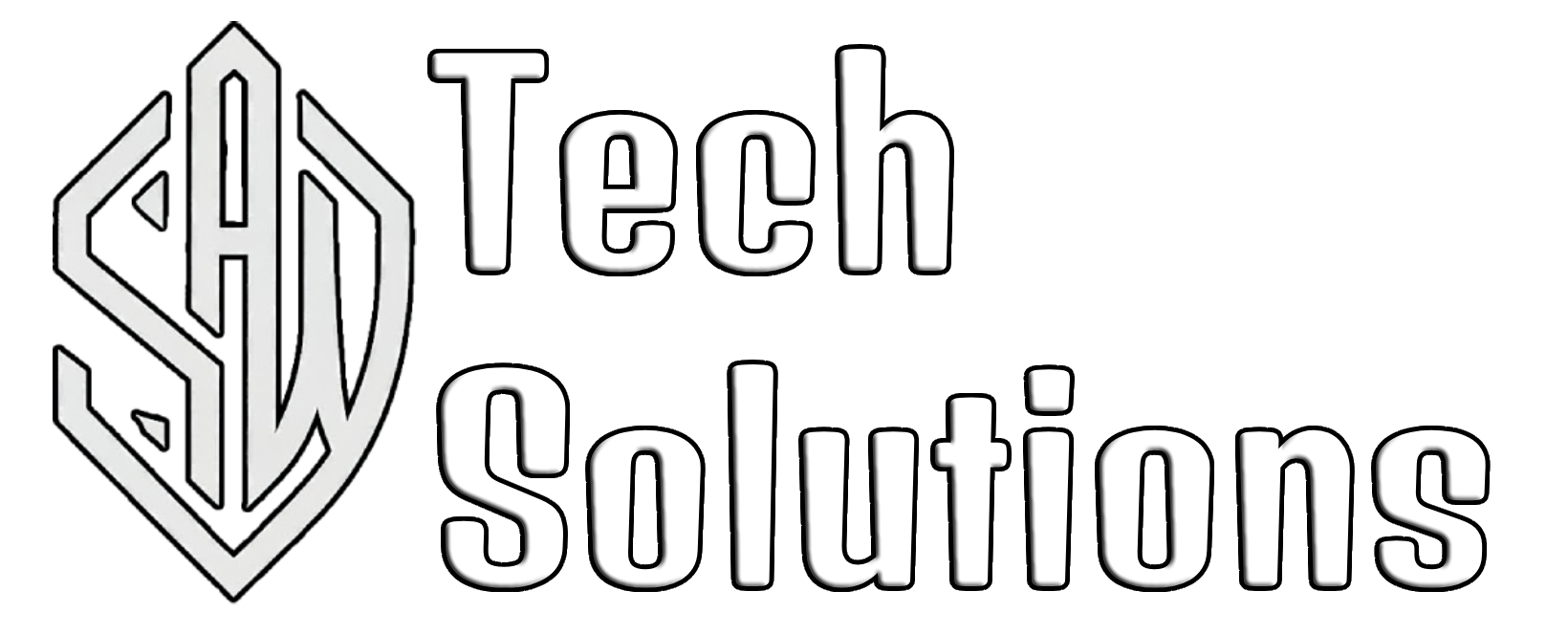Cybersecurity is a top concern for businesses of all sizes, but small businesses are particularly vulnerable to cyberattacks. In this blog post, we’ll discuss five common cybersecurity threats facing small businesses and what you can do to protect yourself.
- Phishing Attacks: Phishing attacks are one of the most common types of cyberattacks. In a phishing attack, attackers send emails or other messages that appear to be from a trusted source, but they are actually designed to trick you into clicking on malicious links or attachments.
- Ransomware: Ransomware is a type of malware that encrypts your data and holds it hostage until you pay a ransom. Ransomware attacks can be devastating for small businesses, as they can lead to data loss, downtime, and financial losses.
- Data Breaches: Data breaches are a serious security risk for any business. In a data breach, sensitive information is stolen from your company’s systems. This information can then be used for identity theft, fraud, or other malicious purposes.
- Malware Infections: Malware is any software that is designed to harm or damage your computer system. Malware can come in many different forms, including viruses, worms, trojan horses, and spyware.
- Social Engineering Attacks: Social engineering attacks are attacks that exploit human psychology to trick people into giving up sensitive information. Social engineering attacks can be carried out through email, phone calls, social media, or in person.
Cybersecurity is a complex and ever-evolving threat. However, there are steps you can take to protect your small business. By being aware of the common cybersecurity threats and implementing the necessary security measures, you can help to keep your business safe.
If you’re concerned about cybersecurity, contact us today for a free security assessment. We can help you identify and address any security vulnerabilities and develop a comprehensive cybersecurity plan.

